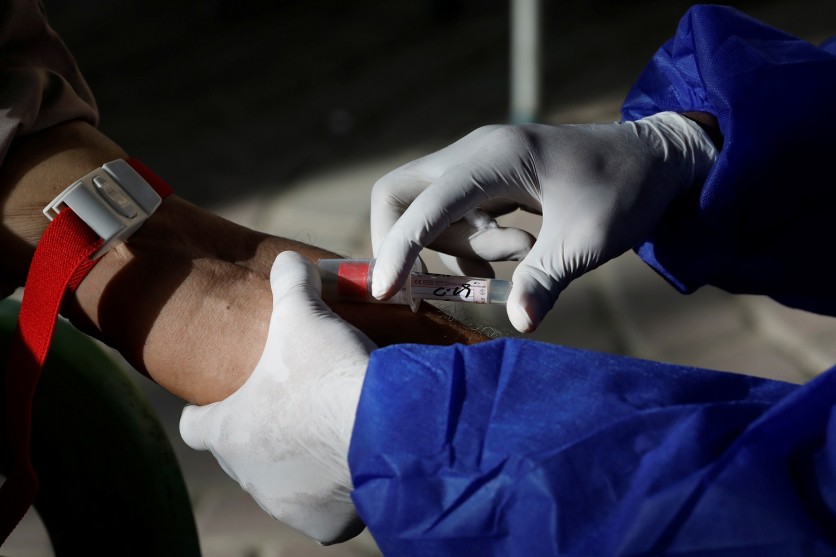With the total confirmed cases of coronavirus worldwide nearing the 16 million mark, it is critical to know how the numerous studies for a COVID-19 vaccine ensure protection against the virus.
According to a BGR report, As COVID-19 survivors produce certain antibodies against the disease, how long will they be immune? Some researchers say such resistance is comparable to human immunity with other coronaviruses. If this is true, then it would mean survivors may again acquire COVID-19 after a year, which would then require regular vaccination to stay protected.
Worse, recent research claims that within two to three months of infection, antibodies might vanish from the blood. However, we would still be protected with white blood cells naturally engage with the virus and produce new antibodies.

This makes a breakthrough testing kit significant as it claims to measure the strength of human antibodies to repel the virus and immediately provide results on a certain type of antibody.
GenScript Biotech published a study in Nature on Thursday, July 23. It was about a test that analyzes neutralizing antibodies in a patient's bloodstream. The new surrogate virus neutralization test (sVNT) called cPass is different from other tests that check all antibodies in the blood.
According to the study, cPass detected neutralizing antibodies from patients with 95%-100% sensitivity and 99.93% specificity, compared with the traditional cell- and virus-based detection test (cVNT).
Read also: Even 26 Feet Away; You Can Still be Infected with COVID-19, Says New Findings
How does it work?
GenScript promises to release test results within an hour, which is much faster than traditional antibody tests that take a few days to give results.
The cPass test was used in two groups of patients in Singapore and China. It does not require a live virus and biosafety control since it uses a different testing principle.
GenScript Vice President for Marketing Eric Wang said the test does not examine the antibody itself but checks the blood for anything that halts the binding of the virus to the hACE2 receptor. "It's a functional assay that specifically looks for the neutralizing antibody," he said.

The researchers also proved that the cPass test still detected significant neutralizing activity levels even with a low level of IgG and IgM antibodies. Wang explained that those who got inflicted with a virus generate various antibodies, although only a small fraction binds to the virus and prevents it from infecting a cell. These are called neutralizing antibodies. He also told Forbes that the patient may still be immune to the virus, even with just a small amount of neutralizing antibody.
The European Union has already approved the use of class SARS-CoV-2 Neutralization Antibody Detection Kit while it received provisional authorization in Singapore. Meanwhile, it is under review for Emergency Use Authorization (EUA) with the US Food and Drug Administration (FDA).
While future testing will still be done, cPass is already a great development in antibody testing. It could be used to confirm if COVID-19 patients are developing neutralizing antibodies as well as to measure the strength of immunity within a population after an outbreak or getting vaccines.
Currently, tests cannot detect antibodies after three months, so studies that track the disease and measure herd immunity will not have accurate data.
Read also: Who is this Actor that Healed From COVID-19 Using the U.S. Remdesivir?
![Apple Watch Series 10 [GPS 42mm]](https://d.techtimes.com/en/full/453899/apple-watch-series-10-gps-42mm.jpg?w=184&h=103&f=9fb3c2ea2db928c663d1d2eadbcb3e52)



